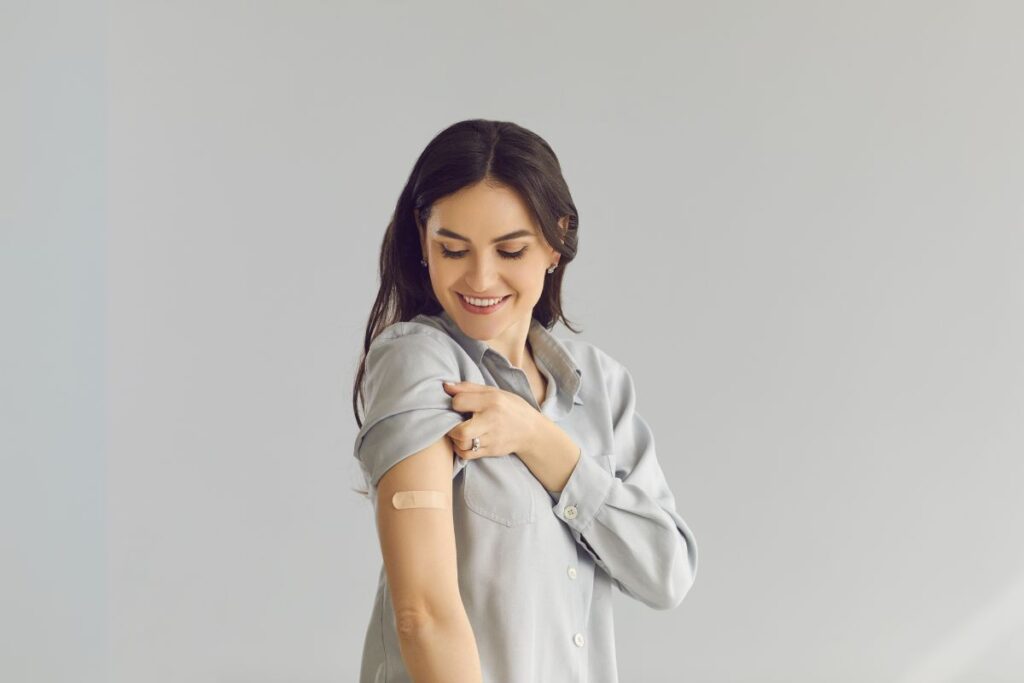You’ve probably heard of the cervical cancer vaccine, but how effective is it, and why should you consider getting vaccinated? The Human Papillomavirus (HPV) is the main cause of cervical cancer. It can cause abnormal cell alterations in the cervix. The HPV vaccine is one of the most effective ways to prevent cervical cancer, yet many women still don’t know the facts. Let’s explore why this vaccine is important for your health and how it can protect you from cancer-causing infections.
What is the Cervical Cancer Vaccine?
The purpose of the HPV vaccine is to provide protection against the types of HPV that are most often linked with cervical cancer. Usually, three dosages are administered over a six-month period. High-risk strains of HPV, such as HPV 16 and 18, which are protected against by the vaccine, are responsible for about 70% of cervical cancer cases.
Who Should Get the Cervical Cancer Vaccine?
The HPV vaccine is recommended for:
● 9- to 14-year-old girls and boys.
● Young women up to the age of 26 who have not been vaccinated.
● Men who have sex with men or are immunocompromised (up to age 26).
It’s important to get vaccinated before exposure to HPV, which typically happens through sexual contact.
Myths About the Cervical Cancer Vaccine:
1. Myth: “The HPV vaccine is only for young women.”
● Truth: Both boys and girls should receive the vaccine, which works best when administered before any HPV contact.
2. Myth: “The vaccine can give you HPV.”
● Truth: The HPV vaccine does not contain a live virus and cannot cause HPV infection.
3. Myth: “Once you get the HPV vaccine, you don’t need regular cervical cancer screenings.”
● Truth: Even with the vaccine, regular Pap smears and HPV testing are necessary to detect other strains of HPV or abnormal changes.
FAQ
When should I get the HPV vaccine?
The vaccine is most effective when given before any sexual activity, ideally between ages 9 and 14.
How many doses do I need?
The HPV vaccine is typically given in three doses over six months.
Is the HPV vaccine safe?
Indeed, the HPV vaccine is safe and has been proven to prevent cervical cancer as well as other cancers.
Can the vaccine cure existing HPV infections?
No, the vaccine cannot treat pre-existing HPV infections; it has only been designed to prevent new ones.
Disclaimer:
This content is for educational purposes exclusively and should not be used as a substitute for professional medical counsel. It is advisable to consult your healthcare provider for a personalised diagnosis and treatment approach.
How HealthPil Can Help:
At HealthPil, we help you navigate the HPV vaccine and cervical cancer screenings. Schedule a consultation with our experts to learn more about protecting your health and preventing cervical cancer.

